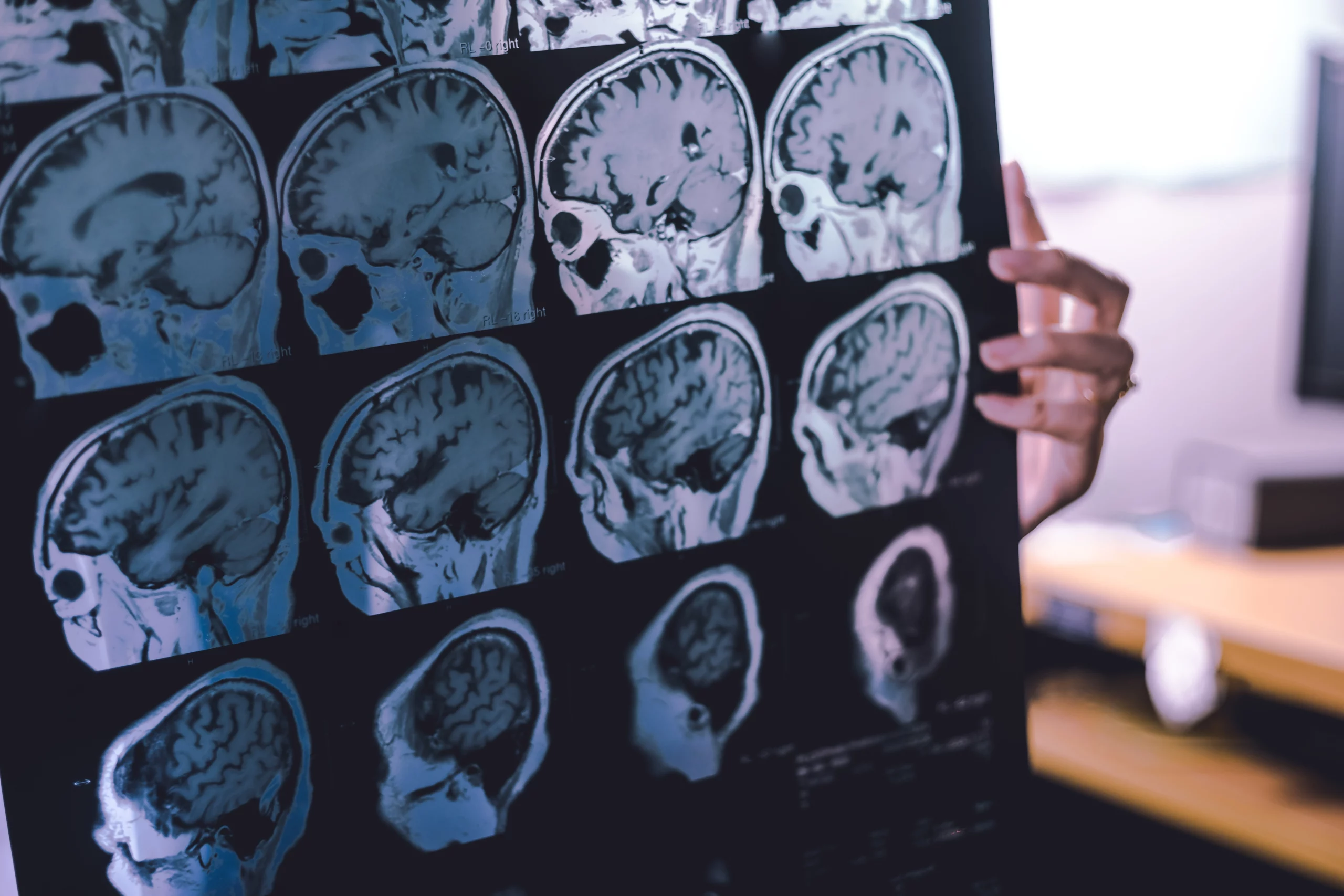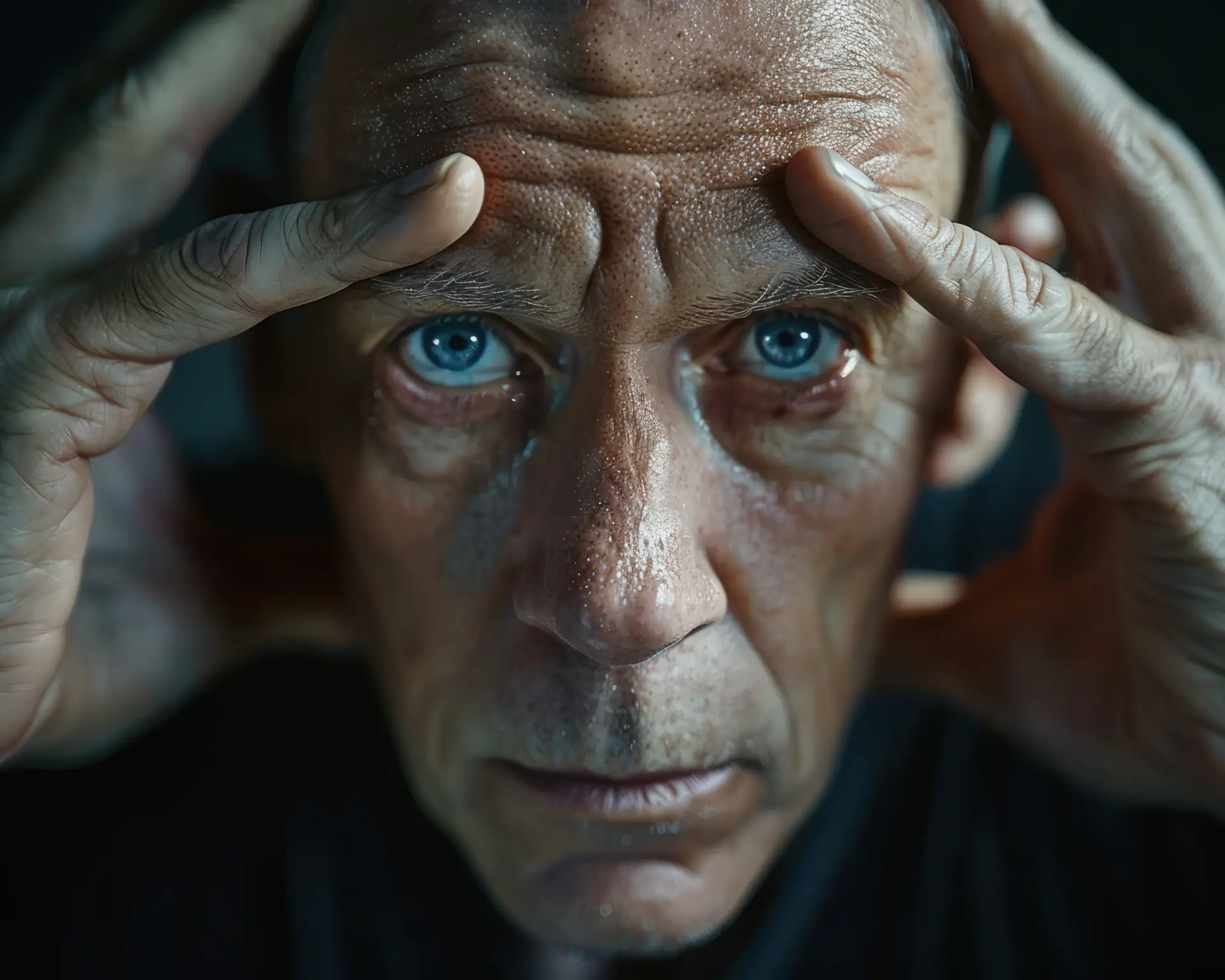Can I Take Opioids With Gabapentin?
If you’ve been prescribed both gabapentin and opioids for pain management, you may be wondering: Is it safe to take them together? The short answer is — only under strict medical supervision. While each medication is effective on its own, combining them significantly increases the risk of serious breathing problems, excessive sedation, and opioid-related death. … Read more










